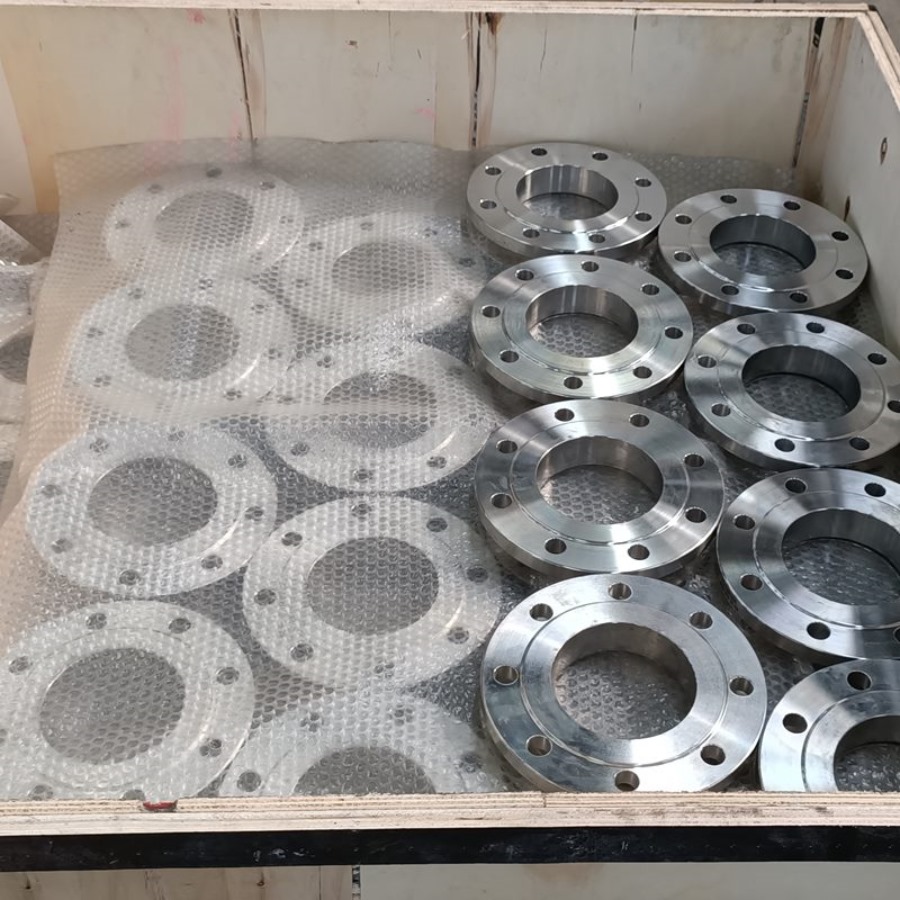Ensuring the quality and reliability of stainless steel flanges and fittings requires rigorous testing methods to verify their integrity and performance. Manufacturers must employ a range of testing techniques to uphold industry standards and customer expectations. Here are the essential methods for testing stainless steel flanges and fittings
1. Non-Destructive Testing (NDT) NDT methods such as ultrasonic testing, radiographic testing, and magnetic particle inspection are crucial for detecting internal and surface defects in stainless steel flanges and fittings without causing damage to the components. These techniques provide valuable insights into the structural integrity and quality of the products.
2. Dimensional Inspection Precise dimensional measurements are essential to ensure that stainless steel flanges and fittings meet the specified tolerances and requirements. Advanced metrology equipment, including coordinate measuring machines (CMM) and optical measurement systems, can be utilized to verify the dimensional accuracy of the components.
3. Pressure Testing Stainless steel flanges and fittings are often subjected to pressure testing to assess their ability to withstand varying levels of internal pressure. Hydrostatic testing and pneumatic testing are commonly employed to evaluate the products’ resistance to leakage and structural integrity under pressure.
4. Material Analysis Chemical composition analysis and material verification are critical for confirming that the stainless steel used in the production of flanges and fittings meets the required standards. Techniques such as spectroscopy and material testing can be utilized to ensure the correct grade and composition of the stainless steel.
5. Corrosion Resistance Testing Given the importance of corrosion resistance in stainless steel products, corrosion testing methods such as salt spray testing and electrochemical testing are employed to assess the products’ resistance to corrosion in different environments and applications.
By employing these comprehensive testing methods, manufacturers can ensure that stainless steel flanges and fittings meet the highest quality standards, providing reliability and safety in various industrial applications.
Maria
Post time: Jul-04-2024

